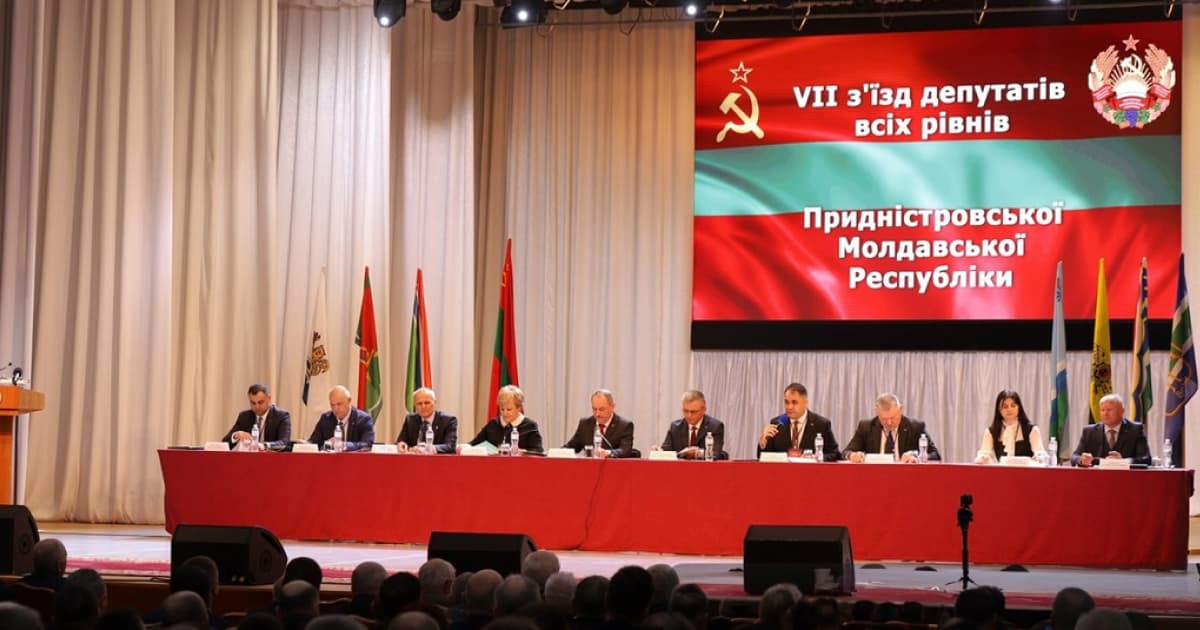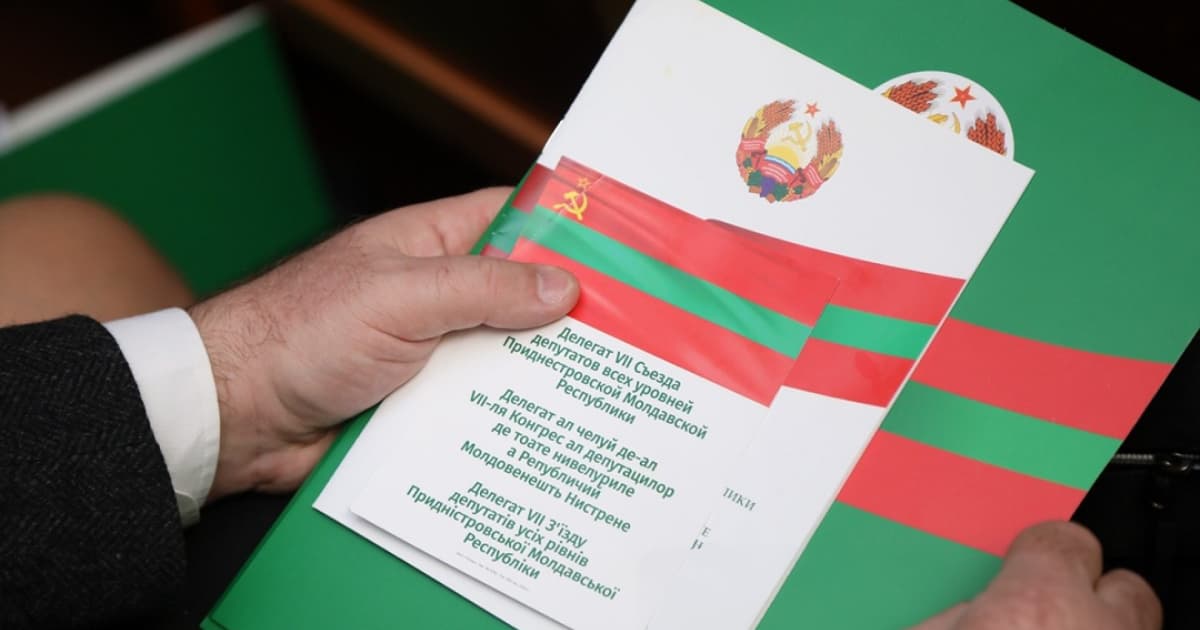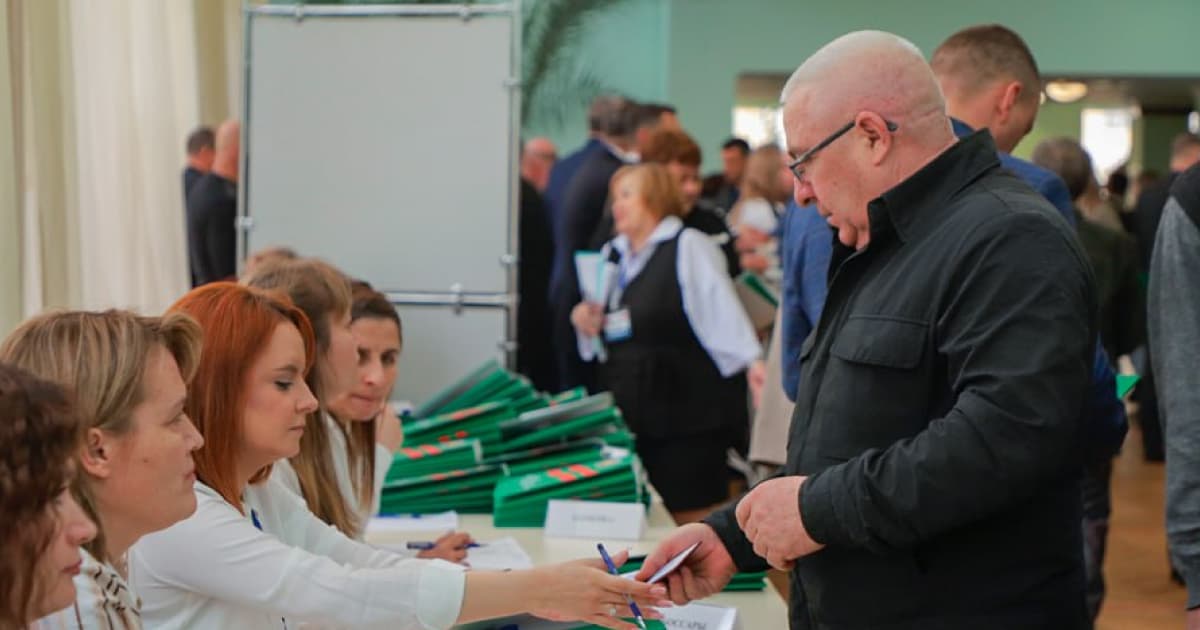Unrecognised Transnistria asks Russia for ‘protection’ from Moldova's pressure. What is happening in the region?
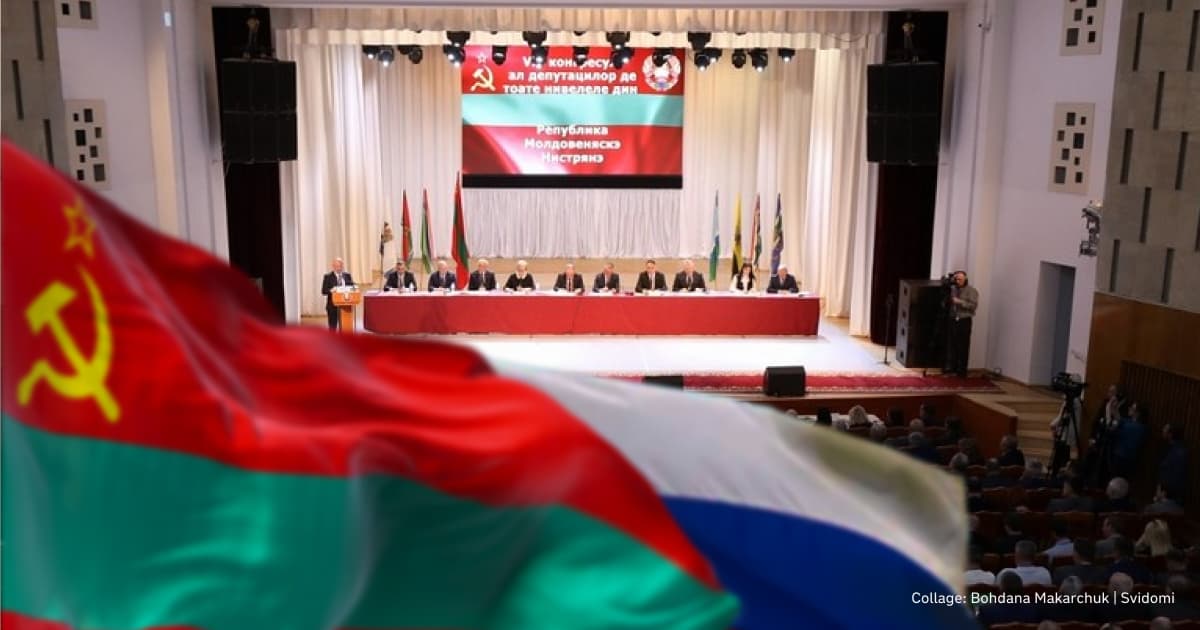
What has happened?
Tiraspol, Moldova (Svidomi) — The so-called deputies of the self-proclaimed Transnistrian Moldovan Republic (Pridnestrovian Moldovan Republic, PMR) have appealed to the Russian Federation Council and State Duma for 'protection' in the face of Moldova's alleged 'pressure'," NewsMaker Moldova reports.
This decision was 'adopted' at a congress of 'deputies' on February 28. They also appealed to the Organization for Security and Cooperation in Europe, the Commonwealth of Independent States, the European Parliament, the International Committee of the Red Cross, and the United Nations to "influence the leadership of Moldova."
The unrecognised 'Transnistrian Moldovan Republic' accuses Chișinău (city and capital of Moldova — ed.) of "economic warfare and deliberate blocking of negotiations with Tiraspol (the capital and largest city of Transnistria, a breakaway state of Moldova)".
"It has been decided to appeal to Russia... taking into account the fact of over 220,000 Russian citizens' permanent residence in Transnistria and the unique positive experience of Russian peacekeeping on the Dniester, as well as the status of guarantor and mediator in the negotiation process," the Congress Declaration reads.
The so-called 'head' of the region, Vadim Krasnoselsky, gathered 'deputies of all levels' of the unrecognised republic. However, the resolution adopted by Congress does not call on the Russian Federation to annex the region.
It will be recalled that Transnistria is a self-proclaimed unrecognised state. Chișinău has not had control over the region since 1992. Moreover, Russia has deployed approximately 1,500 troops there for more than 20 years.
What was the background?
In January 2024, the Moldovan government abolished customs exemptions for Transnistrian entrepreneurs.
The head of the unrecognised republic, Krasnoselsky, called the reinstatement of customs duties a "medieval tribute".
"The neighbouring state, which had previously severed banking and financial ties with Transnistria and had no tax relations with our republic, has in fact imposed a 'tribute' on the Transnistrian economy," the so-called Ministry of Foreign Affairs of the Pridnestrovian Moldovan Republic (PMR) said at the time.
The so-called 'authorities' of the region organised protests in Tiraspol against Chișinău's actions.
Ahead of the unrecognised republic's seventh 'congress of deputies', local politician Gennadiy Chorba (one of the few representatives of the Transnistrian opposition — ed.) suggested that the deputies might allegedly ask President Vladimir Putin to join Russia.
On February 25, Ukraine's Main Intelligence Directorate said that the 'PMR' would not ask to join Russia at the congress and called the spread of such reports a 'deliberate disinformation campaign'.
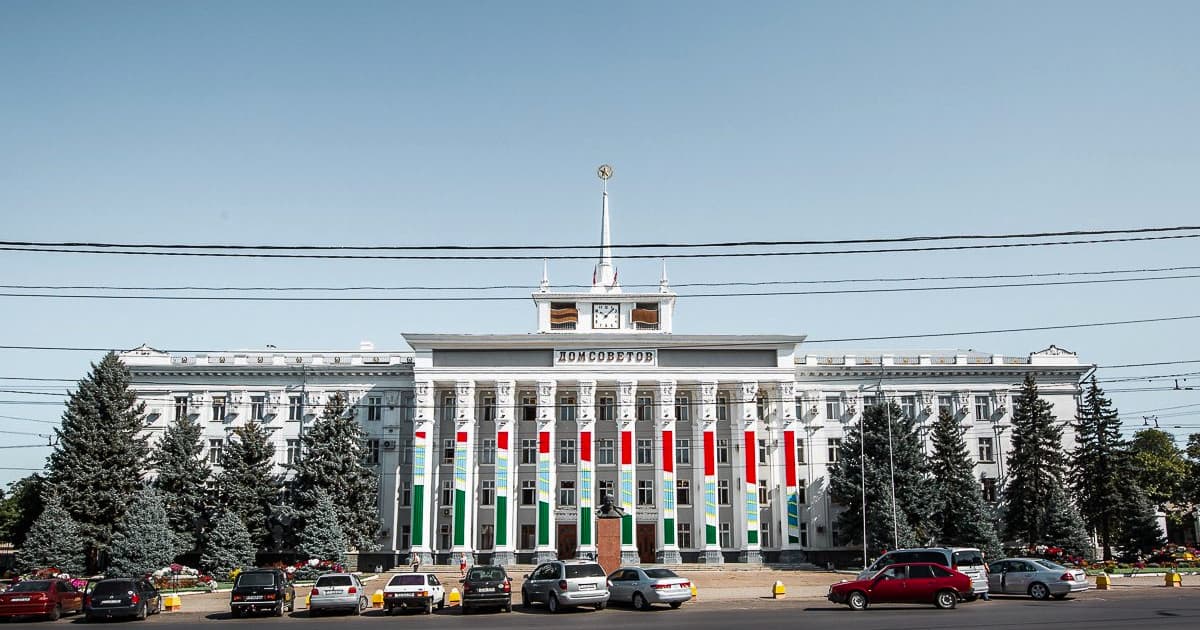
Chișinău and Tiraspol also denied the information.
On the eve of the congress, Moldovan government spokesman Daniel Vodă asserted that the event posed no threat to national security.
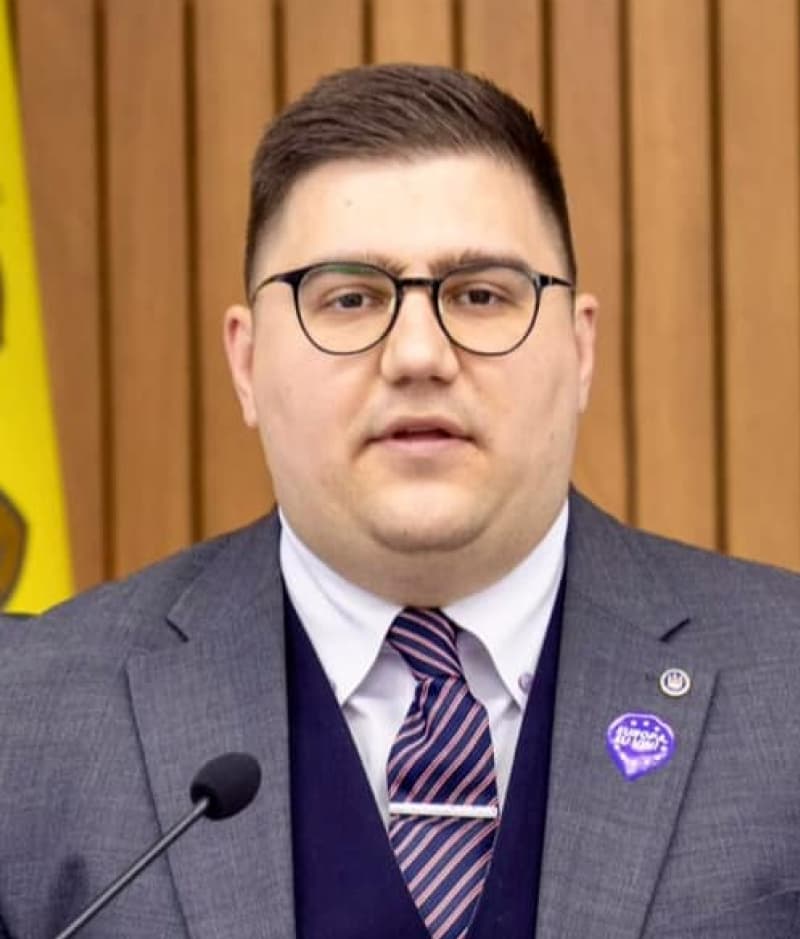
"We are watching closely and repeat that this region also wants peace and security. And what is happening in Tiraspol is a propaganda event, a technique that does not deserve live broadcasts by foreign journalists or tense headlines in the news,"
Vodă said.
In January 2024, Moldovan President Maia Sandu said Russia would try to destabilise the country again in the spring through the Transnistrian region.
"We are aware of these risks and are doing everything to prevent such destabilisation. We are talking to them and informing citizens about these risks, as we did last year when Russia wanted to overthrow the government," Sandu told a press conference, Agerpres reports.
How did Transnistria illegally secede from Moldova?
Svidomi has already covered Moldova's negotiations with the European Union and its changes on the way to membership, including internal and external challenges.
In 1990, local deputies proclaimed the Pridnestrovian Moldavian Soviet Socialist Republic, and in 1991, the Pridnestrovian (Transnistrian) Moldovan Republic.
The Moldavian Soviet Socialist Republic lost control of the region and could not restore it after regaining independence in 1991.
After the collapse of the USSR, a military conflict erupted between the Moldovan-controlled territories and the unrecognised republic for control of the left bank of the Dniester.
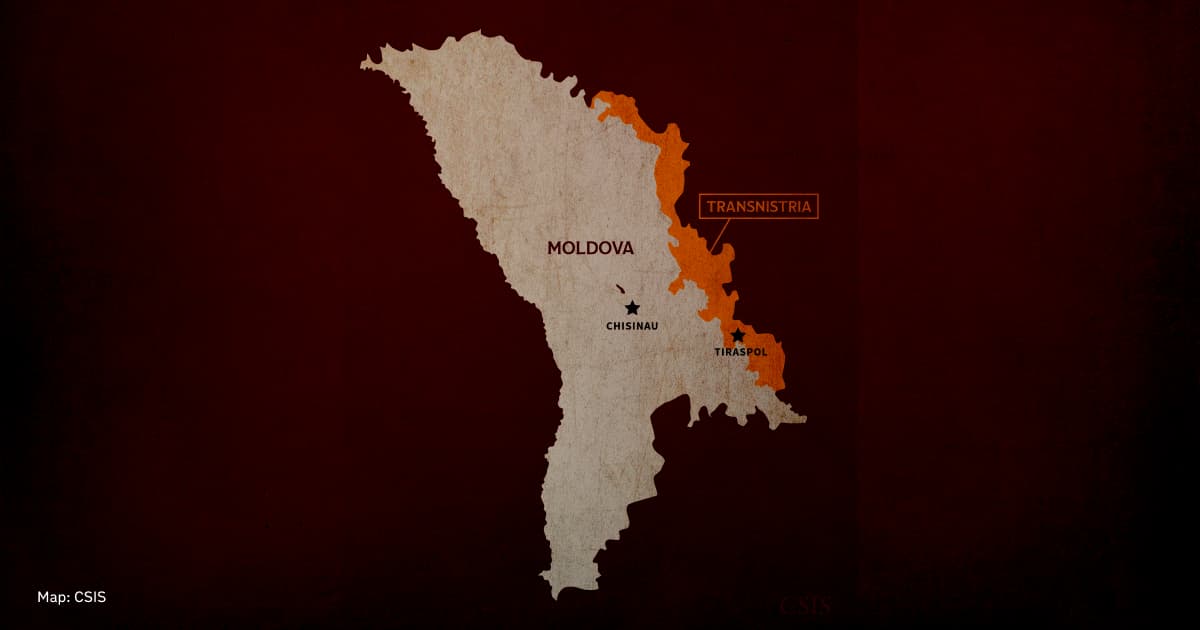
The conflict began with "the law on the functioning of languages adopted in 1989, which effectively made Romanian the official language". Residents of Transnistria protested against the new norms of 'Romanisation'.
In addition, Russia retained its military contingent in the region after the collapse of the USSR. According to the Centre for European Policy Analysis, in 2022, there were approximately 1,500 Russian troops and 4,500 to 7,500 local service members in the region.
NATO Secretary General Jens Stoltenberg has stated that "Russia is keeping its military in Transnistria without Moldova’s permission".

